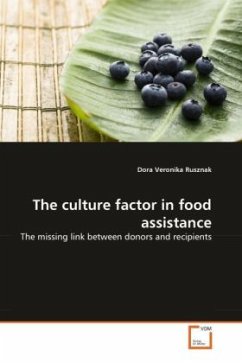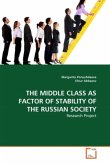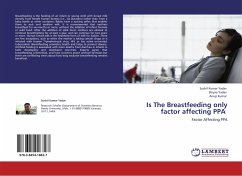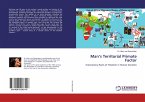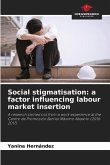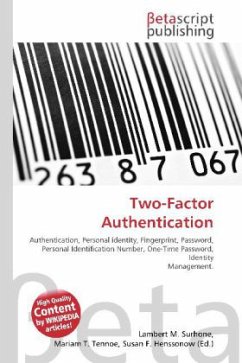Food aid is often hailed as the answer to food security problems. However, food aid is definitely not a long-term solution and although in many cases it is crucial for immediate life saving, it can also increase the number of undernourished people in the long run. Food has not only a nutritional and physical significance to our lives but also carries socio-cultural values and meanings. Through the symbolical meanings and attached values, people create their self-identity, express themselves to the outside world and maintain their social contact to others. There is extensive literature on the anthropology of food and on food aid. Food is discussed as a part of our culture and as an economic and developmental instrument. However there is less discussion about the impact of food aid on local societies from the cultural point of view. This book intends to contribute to food aid studies examined from the social and anthropological perspective.

